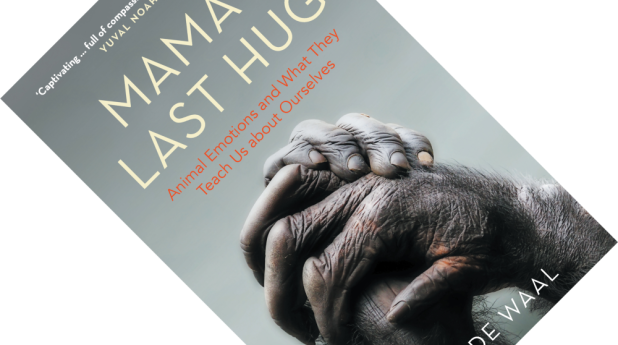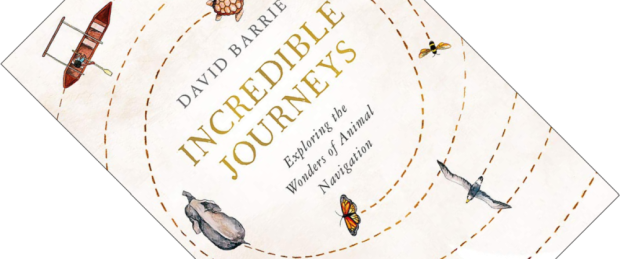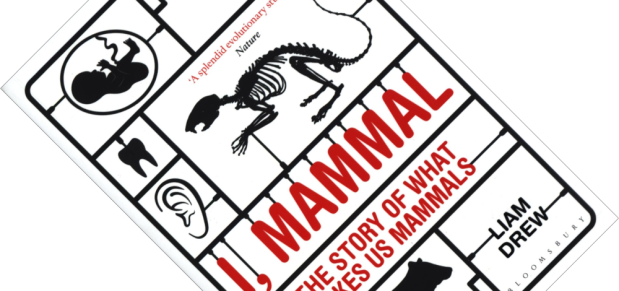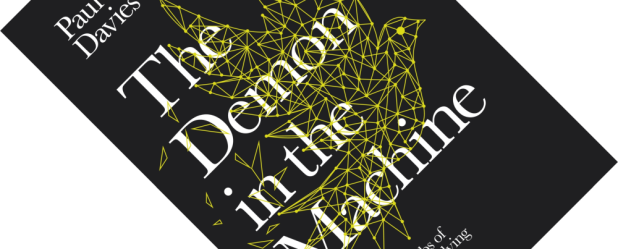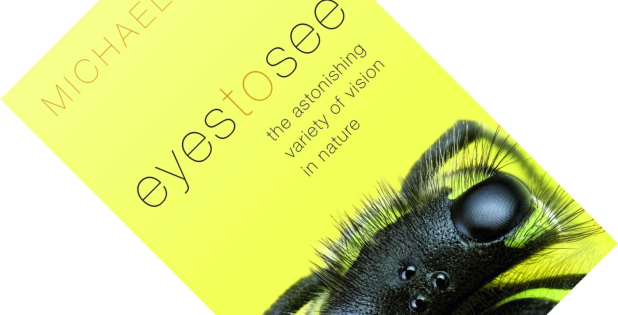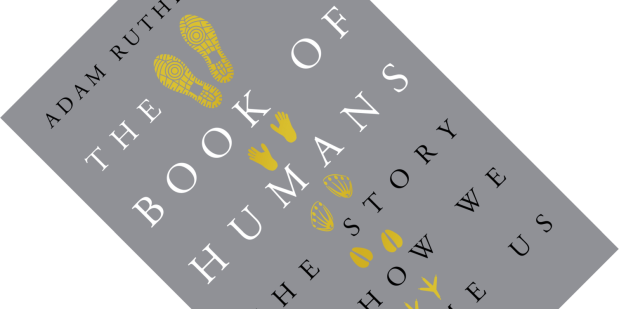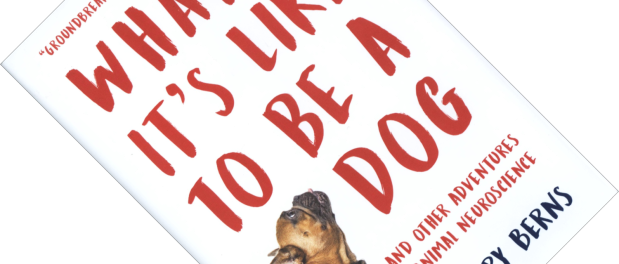Do animals experience joy, grief, or shame? Most people will be quick to attribute all sorts of emotions to pets and other animals. But many biologists remain uncomfortable with this, well, touchy-feely subject. As scientists, we are trained to be objective, cool, and detached when making observations. Anthropomorphism – the attribution of human traits to animals – has traditionally been a big no-no. But the tide is turning, and well-known Dutch-American primatologist Frans de Waal is here to help it along. Mama’s Last Hug is a smart, opinionated, and insightful book arguing we have long overestimated humans and underestimated animals.
brain regions
Book review – Incredible Journeys: Exploring the Wonders of Animal Navigation
The ancient Chinese philosopher Laozi (also written Lao Tzu) supposedly wrote that “A journey of a thousand miles begins with a single step”. But as writer David Barrie shows with Incredible Journeys, before we can even take that step, every journey starts with navigation: where are you and where are you going? Animals of all stripes can make incredibly long journeys, usually without getting lost. This wonderful popular science book explores the remarkable diversity of strategies they employ to find their way.
Book review – I, Mammal: The Story of What Makes Us Mammals
The seed of this book, if you will forgive me the pun, lay in an unfortunate collision between a football and the author’s scrotum. This led former neurobiologist Liam Drew to write a piece for Slate about the mammalian testicles and their precarious positioning in the males of this group. Before long, with the birth of his first daughter, he started wondering about lactation and all the other features and oddities that make us mammals. The resulting I, Mammal is a witty, irreverent overview of mammalian biology and evolution that is sure to entertain.
Book review – The Goodness Paradox: How Evolution Made Us More and Less Violent
Humans. How is it that you can herd 200 of them into an aeroplane without a riot erupting, while they also commit unspeakable atrocities such as torture, genocide, and war? Anthropologist Richard Wrangham calls it the goodness paradox. In this well-reasoned book, he surveys research from a range of disciplines to try and answer why humans show this odd combination of intense calm in normal social interactions and a ready willingness to kill under certain other circumstances.
Book review – The Demon in the Machine: How Hidden Webs of Information Are Finally Solving the Mystery of Life
So, quick question for you. What is life?
Sorry, that’s a trick question, for the answer to this is anything but quick. The mind-boggling complexity that is life, even something as “simple” as a bacterium, somehow arises from atoms and molecules. And yet, physics and chemistry as we currently know it seem incapable of answering how life’s complexity emerges from its constituent parts. With The Demon in the Machine, well-known physicist and cosmologist Paul Davies takes a stab at it, saying we are on the verge of a breakthrough.
Book review – Eyes to See: The Astonishing Variety of Vision in Nature
I spy, I spy with my little eye… humans are visually oriented creatures and eyes are fascinating organs. Michael Land, an emeritus (i.e. retired) professor in neurobiology at the University of Sussex, is a world expert on eyes, having studied vision for over 50 years. Next to hundreds of papers, he co-authored the textbook Animal Eyes, which was published in a second edition in 2012, and the short primer The Eye: A Very Short Introduction. Eyes to See is his opportunity to reflect on a long career and simultaneously showcase the astonishing variety of vision, as the book’s subtitle would have it.
Book review – The Book of Humans: The Story of How We Became Us
Historically, humans have long considered themselves special compared to the natural world around them. It shows, for example, in old depictions where humans are at or near the top of a chain of lifeforms, with only angels and gods above us. Darwin caused a tremendous ruckus by saying we were descended from primates, and evolutionary biology has since had a long history of diminishing our anthropocentric worldview. With The Book of Humans, self-professed science geek Adam Rutherford has written an entertaining exploration of human evolution, showing that, amidst the teeming multitudes of lifeforms surrounding us, we are really not that special. And yet we are.
Book review – What It’s Like to Be a Dog: And Other Adventures in Animal Neuroscience
Do you have a dog? I grew up surrounded by Newfoundlanders. Ever wondered what they are thinking? Whether they think at all? You’d be forgiven for thinking that What It’s Like to Be a Dog is another book for dog lovers and, in part, it is. But don’t let the title mislead you, this book is primarily a popular account of ongoing developments in animal neuroscience, specifically on what scanning mammal brains using magnetic resonance imaging (MRI) can tell us about our shared similarities.

